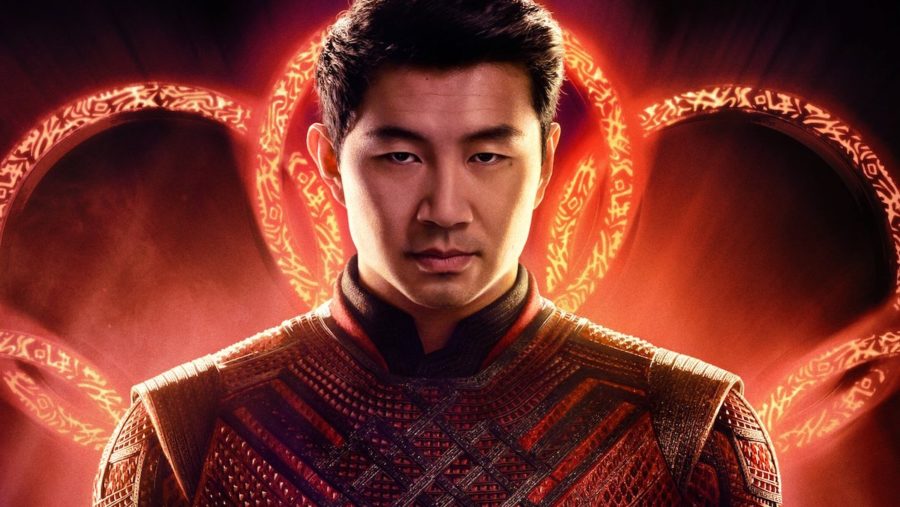Cultural Background the Norm in “Shang-Chi”
“Shang-Chi and the Ten Rings” is a movie that has it all: dragons, Awkwafina and abs. Recently, I watched “Shang-Chi,” and the film provoked a lot of mixed feelings. The story was compelling and chock-full of nuanced female characters, fascinating villains and intricate plots. The casting provided a freshening mix of beloved comedians, new faces and even a giant of Hong Kong cinema. The movie is a major improvement for Asian representation in Hollywood, but questions are still present as to whether or not the representation was enough.
“Shang-Chi” refreshingly is not a story about Asian pain or persecution but instead a narrative about familial tragedy and letting go of the past. Hollywood focuses too often on the persecution of people of color when writing movies with diversity — which at times toes the line between appreciating cultures and appropriating their suffering for an audience (looking at you, “Green Book”). However, this movie does not fall into that classic Hollywood trap: a masterful performance by the villain Tony Leung — 3 other leads adequately supported Leung’s villainous role throughout the film — managed to present his character as a multilayered individual vilified by his pain. The plot is also a crucial part of an understanding of “Shang-Chi,” as it revolves around East Asian practices and traditions yet does not dwell on them. Instead, culture is shown as a normality (many of the scenes are in Mandarin with English subtitles) and there is a focus on the complex inner lives of the leads.
This new way to treat Asian culture revitalizes “Shang-Chi” and allows it to rise above overused tropes and stereotypes. The simple plot lets the lead actors thrive (or adequately perform) on their own as unique individuals. However, the movie does at times water down the traditions to pander to Western audiences by leaning a little too heavily on magical martial arts and mystic dragons. The cultural aspects of the movie feel targeted towards Marvel’s intended audience — a white one.
Despite the movie lacking in the proper presentation of East Asian culture, there are special moments in “Shang-Chi” that make the movie worthwhile — such as Tony Leung’s nuanced grief, Awkwafina’s hilarious one-liners, and Meng’er Zhang’s understated expressions. Simu Liu gives a rather bland performance, but the talent of the ensemble cast around him makes up for it by giving vibrancy and deep emotion to an already powerful and fascinating plot. Overall, the nuances in diversity within “Shang-Chi” give voices to a demographic that has been stereotyped for generations. This movie is a landmark for representation, but there is still a long way to go.


